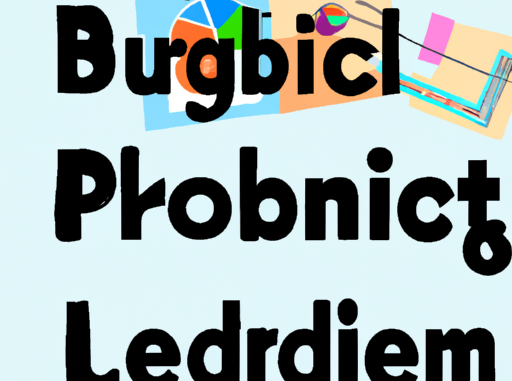
Project-Based Learning (PBL) is an educational approach that emphasizes student-centered inquiry and real-world problem-solving. Unlike traditional teaching methods that often rely on passive learning through lectures and rote memorization, PBL engages students in active exploration of complex questions or challenges. This pedagogical strategy is rooted in the constructivist theory of education, which posits that learners construct knowledge most effectively through hands-on experiences and reflection. By engaging in projects that require investigation, collaboration, and critical thinking, students develop a deeper understanding of the subject matter and enhance their skills in areas such as communication, teamwork, and self-management.
The implementation of PBL involves several key components. First, it begins with a driving question or problem that is relevant and meaningful to the students, encouraging them to take ownership of their learning process. This is often followed by a phase of sustained inquiry, where students research, experiment, and apply their knowledge to develop solutions or create tangible products. Throughout the project, students receive ongoing feedback and have opportunities for revision, which helps them refine their ideas and improve their work. Additionally, PBL typically culminates in a public presentation or exhibition, where students showcase their findings or creations to an audience, further reinforcing the real-world application and importance of their work.
Research has shown that PBL can have a significant positive impact on student outcomes. Studies indicate that students engaged in PBL demonstrate higher levels of retention and understanding of content, as well as improved problem-solving abilities and increased motivation to learn. Moreover, PBL has been found to support the development of essential 21st-century skills, such as critical thinking, creativity, and adaptability, which are crucial in today’s rapidly changing world. Educators integrating PBL into their classrooms are encouraged to carefully design projects that align with curricular goals and provide ample support and resources to guide students through the learning process. While PBL may require more time and effort to implement effectively, its benefits in fostering deeper learning and preparing students for future challenges make it a valuable approach in modern education.
PhDr. Pavel Bartoš, LL.M., DBA (Evropská akademie vzdělávání / European Academy of education)
Leave a Reply